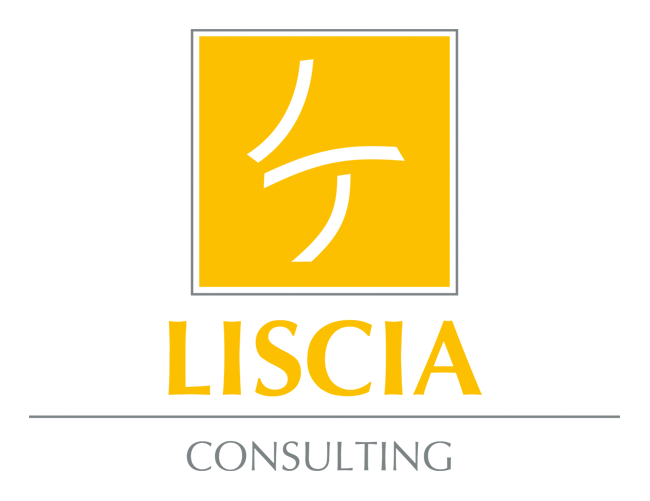If you think you’ve never negotiated, you’re wrong. We all negotiate on a daily basis, whether we are aware of it or not. In fact, a negotiations career begins at the tender age of two years old and is refined throughout childhood. From, Please, just another 5 minutes, I don’t want to go to bed!, to Just let me finish this level, okay? And children are astonishingly successful negotiators. […]
Just as it does today, in our professional dealings: We are more willing to say yes to or collaborate with someone who has done us a favor in the past. The law of reciprocity is deeply anchored in most human relationships and children apply it intuitively. We see it this way: Life is give and take – in precisely that order. Our clients are not our payroll, they are people we can serve. We’ll explore this concept more in Sales and Marketing, but the fact remains that small and large favors rendered in the past often facilitate business negotiations. […]
We are emotional beings. Our emotions make life worth living, they are the Quality Control department of human existence. Positive emotions flood our system with endorphins, bringing true happiness. Negative emotions inundate our bodies and minds with stress hormones. Even the most rational or logical decision triggers good vibrations: We feel secure in or proud of making the right move.
Emotions, regardless which ones, are the basis of every relationship. Therefore, a positive emotional bond is decisive in negotiating a good deal. So, it goes to follow that building a relationship is the cornerstone of any successful negotiation. Of course, a relationship can only emerge over a time of shared experiences anchored in mutual trust and fellowship. Forget your classic customer-supplier business liaison. Negotiations require a relationship between equals. […]
Before entering such a relationship, I must know my own mind, my intentions and my approach. Regardless of my negotiation partner’s mindset, I should faithfully uphold my own. Either my counterpart will mirror my behavior or attitude, thus reflecting our prospects for solid partnership relations, or I trust he or she will eventually learn to appreciate my qualities and engage in a long-term relationship.
Furthermore, clearly defined objectives are vital to successful negotiating. Each participant must know exactly what they wish to achieve before entering the conference room: what is the minimum and which results are factually worthwhile. Be sure your organization backs you up on this. Nothing damages negotiations and your partnership relationship more than leaving the conference room with, to your mind, utterly satisfying negotiation results only to have them subsequently buried by your own people.
Here’s where the win-win, or double-win strategy plays a significant role, as its aim is to ensure all participants come away with a degree of benefits. It is a given that each negotiation partner respects her or his counterpart and does their best to integrate the other’s interests. When it comes down to it, win-win results are, plain and simple, compromises. And compromises entail bidding adieu to your ideal solutions. When both parties take this approach, the result is a compromise – a euphemism for mediocre results.
So calling this a win-win strategy or result is a fallacy. Ideal negotiations would strive for a consensus, a third option arrived upon mutually, that improves on the goals both parties brought to the table. Now that would be a win-win result! If I approach negotiations knowing my pr-pared strategy is not the ultima ratio but rather a launching pad or basis for discussion, then the gateways open for solution X before talks have even started. I could also come to the table with the explicit intention of finding this third solution together with my negotiation partner. Then, and only then, am I following a win-win strategy.
Body language is a very powerful indicator in negotiations: Not only targeted use of your own body language, but also the ability to read your counterpart’s posture and gestures. Reading body language and reacting to emotions, especially the basic ones, is a vital skill for successful negotiations. […]
An excerpt from the book “Leadership is More – 27 Questions We Too Can Answer” written by Gianni, Jan & Marcello Liscia, 2022




